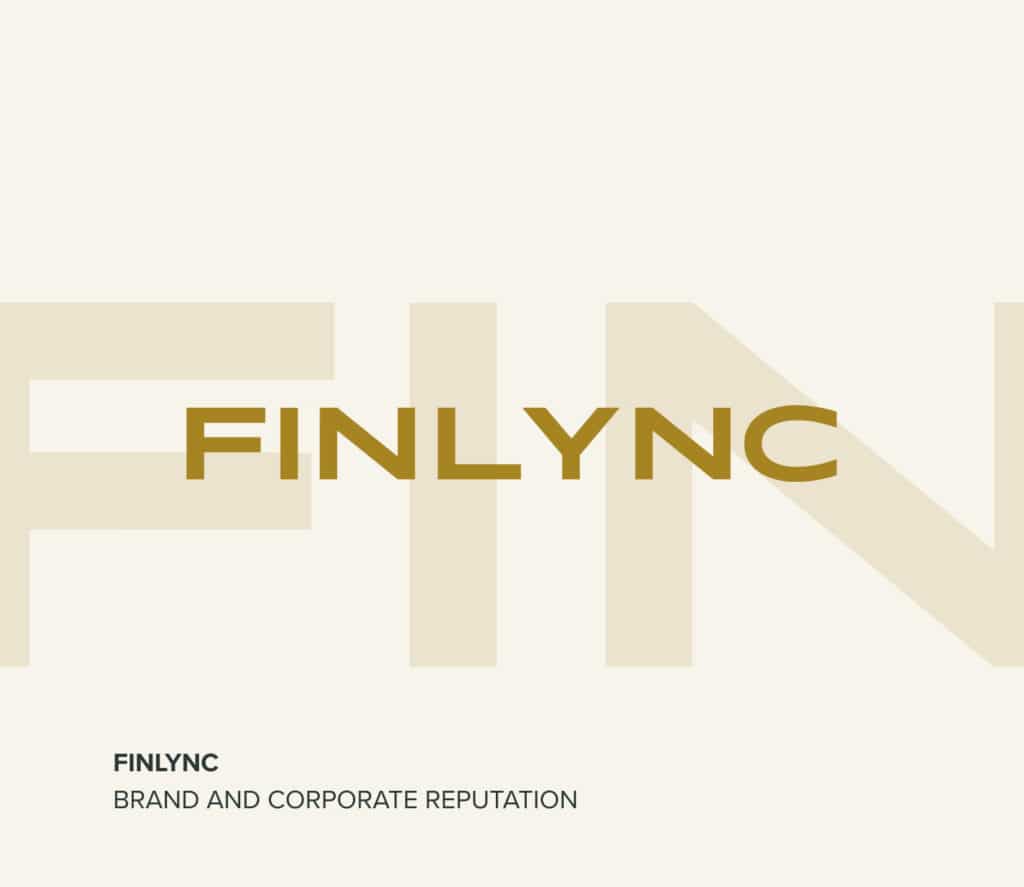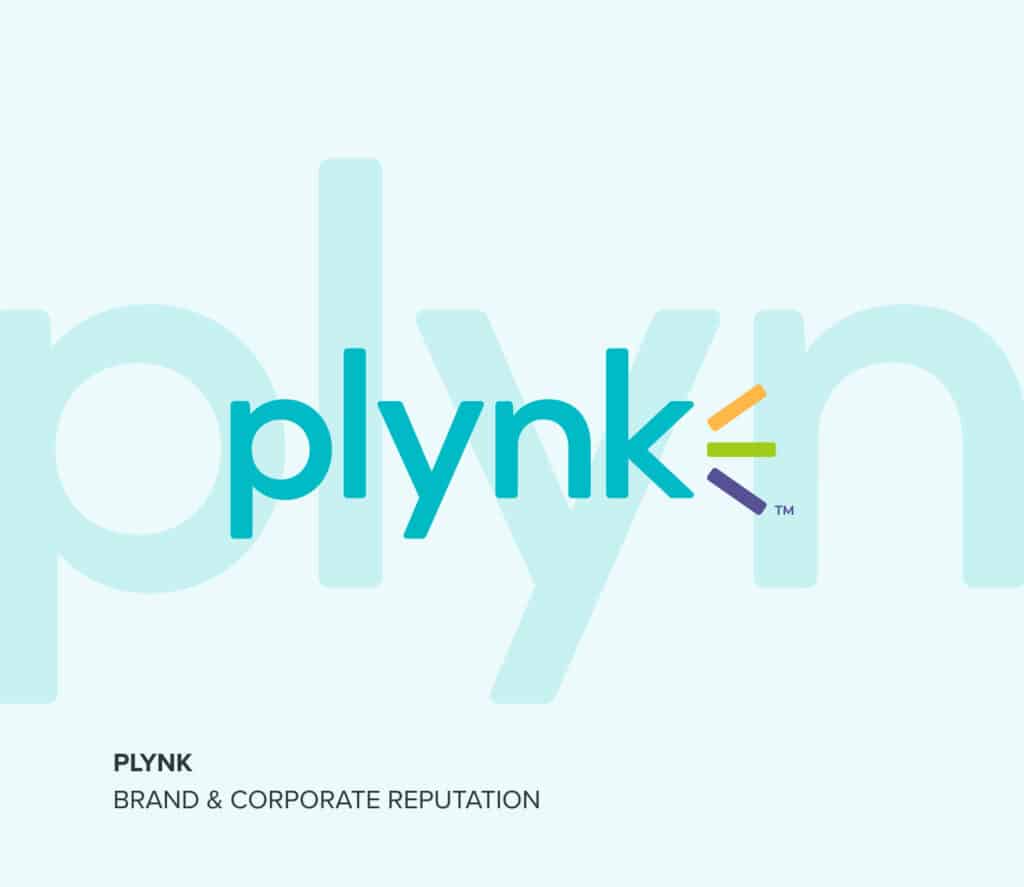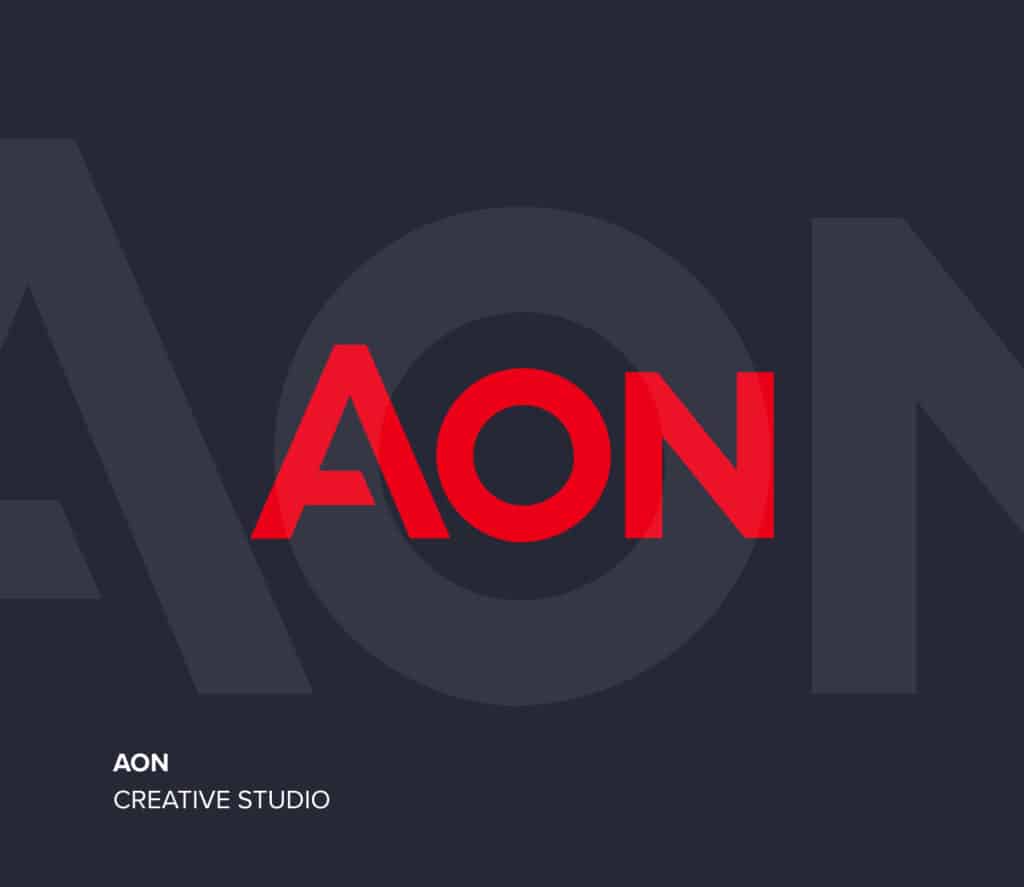To be clear: Elon Musk does not own Twitter. At least not at the time I’m writing this. But like anything else that involves Elon Musk, things may have changed by the time you’re reading this (he moves a bit quicker than the Vested blog and my keystrokes).
Nonetheless, what now seems like a never-ending saga is trending toward Musk taking control of Twitter, taking it private, and presumably making some pretty big changes that could have equally big effects on how the platform functions, makes money, and polices content. This could mean a whole host of potential opportunities – and problems – for companies who use Twitter, which is…well, just about every company.
So, what does it all mean for your company? Here are my early takes on the effect that Musk may have:
Less moderation means more brand risk.
Not a revolutionary statement, but Twitter currently has a complex web of content moderation policies that is often considered the most advanced, and most restrictive, of its peer group. It was built over many years as a result of political controversy, harassment, misinformation, violence, election tampering, and general growing pains.
Musk has openly criticized those policies, portending a future in which they could be stripped back down to the studs. While many at Twitter view the platform’s content moderation policy as actually protecting free speech, and protecting its business model (read: advertising) rather than inhibiting it, Musk sees the platform as the “digital town square”. To that effect, he believes it should be a place where anything goes as long as it adheres to local law. This would make Twitter a far more free-wheeling environment than it is today, one in which most things are allowed and few things are removed.
This deregulation could create a more hostile, politically-charged place for companies to operate. C-suites will need to weigh the risk of their tweet or ad appearing next to offensive or controversial content when they consider their communications strategy and marketing budget. Do I really want my tweet about sustainability appearing next to a tweet denying climate change?
A shift to subscription could upend Twitter advertising as we know it.
Yes, advertisers will have to consider how their marketing dollars are spent due to decreased moderation, but they may also have to contend with…no advertising.
Talk of a Twitter subscription model has been knocking around the tech community for a long time, but only came to fruition in a limited form with Twitter Blue, a $3 per month subscription that gets you some added functionality – like an undo button and bookmarks folders – but not some of the more obvious enhancements, like an ad-free news feed or a blue checkmark. Musk has spoken about both of those added features being included with a subscription to Twitter. And, to take the idea a step further, he could remove ads altogether, something that former CEO Jack Dorsey has tacitly endorsed. In lieu of ad dollars, the company could be supported by fees from companies, governments, or influencers that pay a scaled amount according to their number of followers. So rather than using the giant Twitter megaphone for free, companies would need to pay for the exposure.
Though a sudden and total shift to an ad-free platform is unlikely (nearly 90% of Twitter’s revenue is from ads), a slow reduction in advertising is possible. It may be time to pony up.
Twitter may not change that much.
This is the bullet that contradicts the other bullets (and most of the blog post).
Yes, Musk wants to buy Twitter because he has X ambition and Y passion and has expressed Z off-the-wall idea, but he also objectively loves Twitter. Musk invests in products and services that he believes in, and you’d have to assume that he doesn’t want to change any of the fundamentally entertaining and utilitarian aspects of the platform. Even if we do get an edit button, subscription offering, a former president back on the platform, and less moderation, there’s a chance that the most fundamental aspects of Twitter don’t change much at all.
So, no, don’t go and delete your corporate Twitter account or abruptly pause that marketing campaign you’ve been hard at work on for months. It’s far too early to tell what may happen at Twitter. Go no further than Elon Musk if you want an opinion on how important Twitter is as a communications or marketing tool – the guy dissolved his entire Tesla PR team, instead using his personal Twitter account to communicate with (or repeatedly criticize) the press.
For enterprise users who rely on the platform heavily for exposure or intake, it makes good sense to diversify your portfolio of communications tools. Time to dust off the old LinkedIn account, review your IR page, continue to cultivate those media relationships, and maybe even explore a new channel.
In the grand scheme of the world wide web, Twitter is far smaller than some of its gigantic competitors, but it continues to have an outsized role in the public discourse. It’s the most important place companies can turn to for immediate communication with the outside world. So if you want to continue to reach the influential circles of finance, politics, media, sports, technology, or countless others, be sure to stick around – but also plan for the future – however uncertain it may be at Twitter. Your most important stakeholders aren’t heading for the exits quite yet.
Vested is a global digital marketing agency for financial services with experience bringing a a human-focused approach to marketing campaigns. If you are interested in seeing how Vested can help tell your story, contact us.


